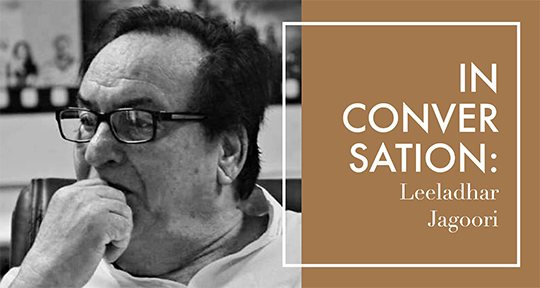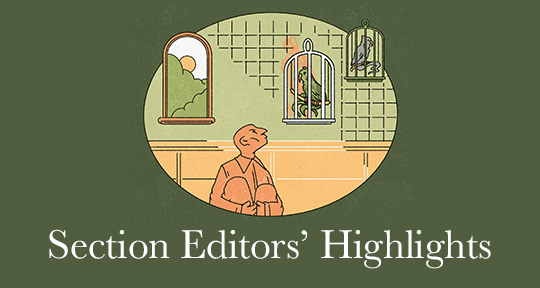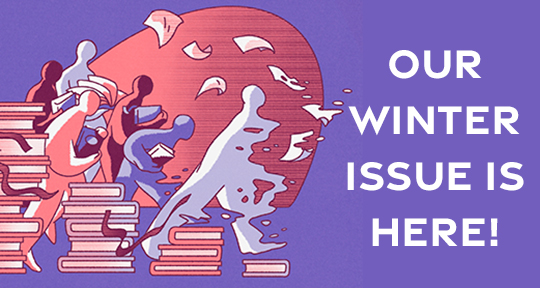Limned as an enmeshing of “lyrical ecopoetics with subtle political critique,” Leeladhar Jagoori’s 1977 Hindi poetry collection Bachi hui prithvi (New Delhi: Rajkamal Prakashan) has been translated into English by Matt Reeck as What of the Earth Was Saved—now out from World Poetry Books. His avant-garde poetic and political positioning is evidenced by this book, which was published in the last year of Indira Gandhi’s the Emergency. In the words of translator Matt Reeck, Bachi hui prithvi (1977), the Hindi original of What of the Earth Was Saved, is a testament to the fact that Leeladhar was ahead of his time, writing around “regional consciousness and environmentalism,” a literary forefather to today’s Hindi-language and Indian writings on nature and ecology.
In this interview, I spoke with Leeladhar, who is currently in Dehradun (with translator Matt Reeck translating my questions from English to Hindi, and Leeladhar’s answers from Hindi to English), on his trailblazing poetry collection—the first full volume of his poems to be translated into English—and modern Hindi verse, especially poetry on prakŗti (nature).
Alton Melvar M Dapanas (AMMD): Your poetry collection What of the Earth Was Saved is now out from World Poetry Books—translated by Matt Reeck from the Hindi original Bachi hui prithvi, which was published in 1977 by New Delhi-based Rajkamal Prakashan. Could you take us back to 1977 and before that: what was your creative process like and what were the poetic underpinnings to the poems in this collection?
Leeladhar Jagoori (LJ): In school, I practiced everything. I wrote songs and ghazals. I wrote anuṣṭubh verse, a traditional poetic form in Hindi poetry, like it was conversational—like talking.
My first volume was published when I was a student at Banaras Hindu University. I had come back from the army and I went to Banaras to earn an MA. I was invited to read at a poetry event, and a publisher heard me and asked to publish my work, and I said fine. Those poems are about mountain life. I finally came around to seeing that it was a young person’s poetry. It was immature in a sense. It’s usually read as nature poetry. Then my second volume, Now Things Have Begun (Natak jari hai, 1971) was published from the standpoint of a young unemployed man looking for work. It’s spare, unsparing, tough-minded poetry. Its images are new, rough, not polished. In the 70s, poetic language sought to dig down to the very core of experience. Instead of ornamentation, it went in for bare language. Now Things Have Begun is full of these things, the things that young people then were thinking about.
Then my third volume was On This Journey (Is yatra men, 1974). Its poems are more tender, dreamy and full of love. Agyeya, Shamsher Bahadur Singh, Sarveshwar Dayal Saxena, and Dhumil all praised it. Manglesh Dabral, Trinetr Joshi, Prabhati Nautiyal, Madan Kashyap, and Avadhesh Preet, Prem Sahil, and Om Thanvi said the book ushered in a new direction in Hindi poetry. In the May 1975 issue of the magazine Dinman, Sarveshwar Dayal Saxena wrote a review that featured the book on the magazine’s cover. It was my good fortune that Agyeya praised it, and that Nirmal Verma was taken by the poems as well.





